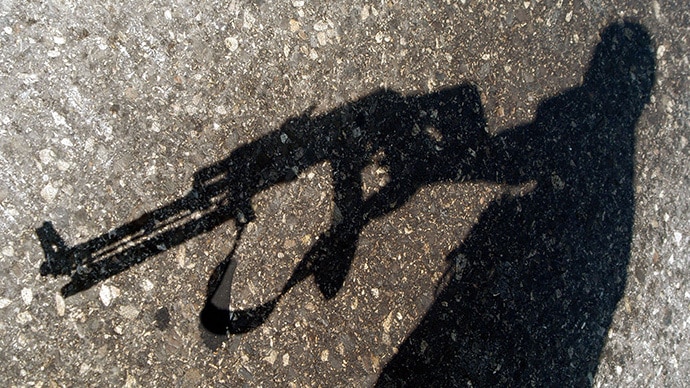Human Lives Human Rights: The Hong Kong authorities have sparked outrage by seeking a court order to ban the song “Glory to Hong Kong”, which became a symbol of the 2019 pro-democracy protests. The government claims that the song poses a threat to national security and insults China’s national anthem.
However, human rights groups and experts have condemned the move as a violation of international law and standards, and a sign of the government’s disregard for freedom of expression. They argue that the song does not incite violence or advocate secession, but rather expresses the aspirations and grievances of many Hong Kong people.
The government has also invoked the controversial National Security Law, which was imposed by Beijing in 2020 and has been widely criticized for its vague and sweeping provisions that restrict civil liberties. The law has been used to arrest and prosecute dozens of activists, journalists and politicians for their peaceful dissent.
“Glory to Hong Kong” was composed anonymously in 2019 and quickly gained popularity among the protesters who demanded greater autonomy and democracy for the city. The song features a slogan that has already been banned under the National Security Law as it has been deemed a call for “secession”.
The song has also been mistakenly played instead of China’s national anthem, “March of the Volunteers”, at some international sporting events involving Hong Kong teams or athletes. Hong Kong does not have its own national anthem as it is a Chinese territory.
The government has also asked Google to remove “Glory to Hong Kong” from its search results, but the tech giant has refused to comply.
The court order, if granted, would mean that anyone who performs, broadcasts, sells or distributes the song in any way could face charges of “secession” under the National Security Law or “sedition” under a colonial-era law. Both offences carry severe penalties, including life imprisonment.
The UN Human Rights Committee has urged the Hong Kong government to repeal the National Security Law and sedition provisions under the Crimes Ordinance, as they are incompatible with the International Covenant on Civil and Political Rights (ICCPR), a UN human rights treaty binding on Hong Kong.
The committee also noted that expression cannot be punished on national security grounds unless it intends to incite imminent violence, which is clearly not the case for “Glory to Hong Kong”.
“A song is not a threat to national security, and national security may not be used as an excuse to deny people the right to express different political views,” said Sarah Brooks, the head of Amnesty International’s China team.


















